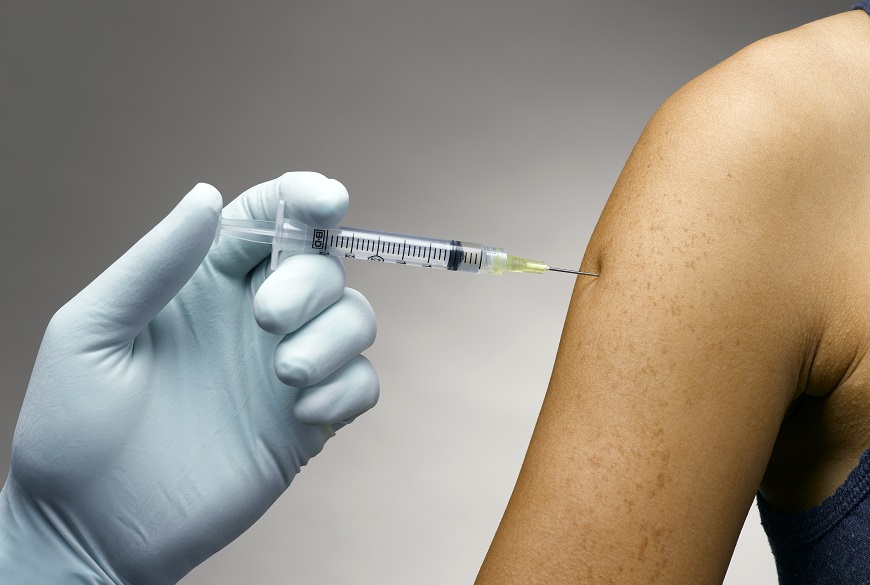ViiV Healthcare looks to make long-acting HIV prevention shot accessible in low- and middle-income countries

The Joint United Nations Programme on HIV and AIDS set a lofty goal back in 2019 to end the HIV epidemic by 2030. But according to the World Health Organization, infection rates are not falling rapidly enough to meet that target.
GSK’s ViiV Healthcare thinks it can help change that.
On Friday, ViiV announced that it’s in talks with the UN-backed Medicines Patent Pool (MPP) for patent rights to its cabotegravir long-acting HIV injectable for pre-exposure prophylaxis (PrEP) in low- and middle-income countries.
A deal here would build on an already existing partnership with the MPP, through which more than 20 million people have accessed generic products containing another of ViiV’s HIV meds, dolutegravir (marketed as Dovato).
“Widening access for an injectable such as this is complex and will take all stakeholders playing their part,” CEO Deborah Waterhouse said in a news release.
The company noted that long-acting injectables are more complex to manufacture than oral anti-retroviral medicines, and there may be a need for capital investment. But ViiV says it’s committed to making cabotegravir accessible, and hopes to strike a licensing agreement in the coming months.
ViiV touts its cabotegravir injection Apretude as the first long-acting injectable PrEP for reducing the risk of getting HIV, given once every other month by a physician. The current list price for one dose is $3,700, according to GoodRx. The drug won approval in the US back in December, and ViiV has submitted it to regulators in Australia, Botswana, Brazil, Kenya, Malawi, South Africa, Uganda and Zimbabwe.
Last year, ViiV scored an approval for cabotegravir alongside rilpivirine from J&J’s Janssen as a long-acting HIV treatment, marketed as Cabenuva. Just last month, ViiV celebrated the drug’s one-year anniversary with a new label expansion allowing some patients to receive treatment just six times a year, once every two months.
Gilead Sciences was close behind with its own long-acting treatment lenacapavir until the FDA handed it a CRL in March over CMC issues relating to the compatibility of the drug with its proposed container vial. That treatment would potentially be dosed every six months in patients with multi-drug resistant HIV.
The MPP’s stated mission is to “increase access to, and facilitate the development of, life-saving medicines for low- and middle-income countries through an innovative approach to voluntary licensing and patent pooling.”
Earlier this month, the NIH said it would license 11 Covid-19 research tools and early-stage vaccine and diagnostic candidates to the MPP.
This article was originally published by Endpoints news. Click here to read the original article.